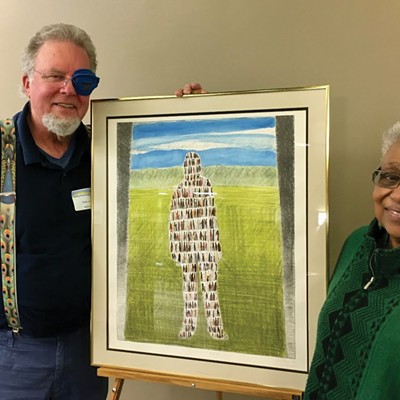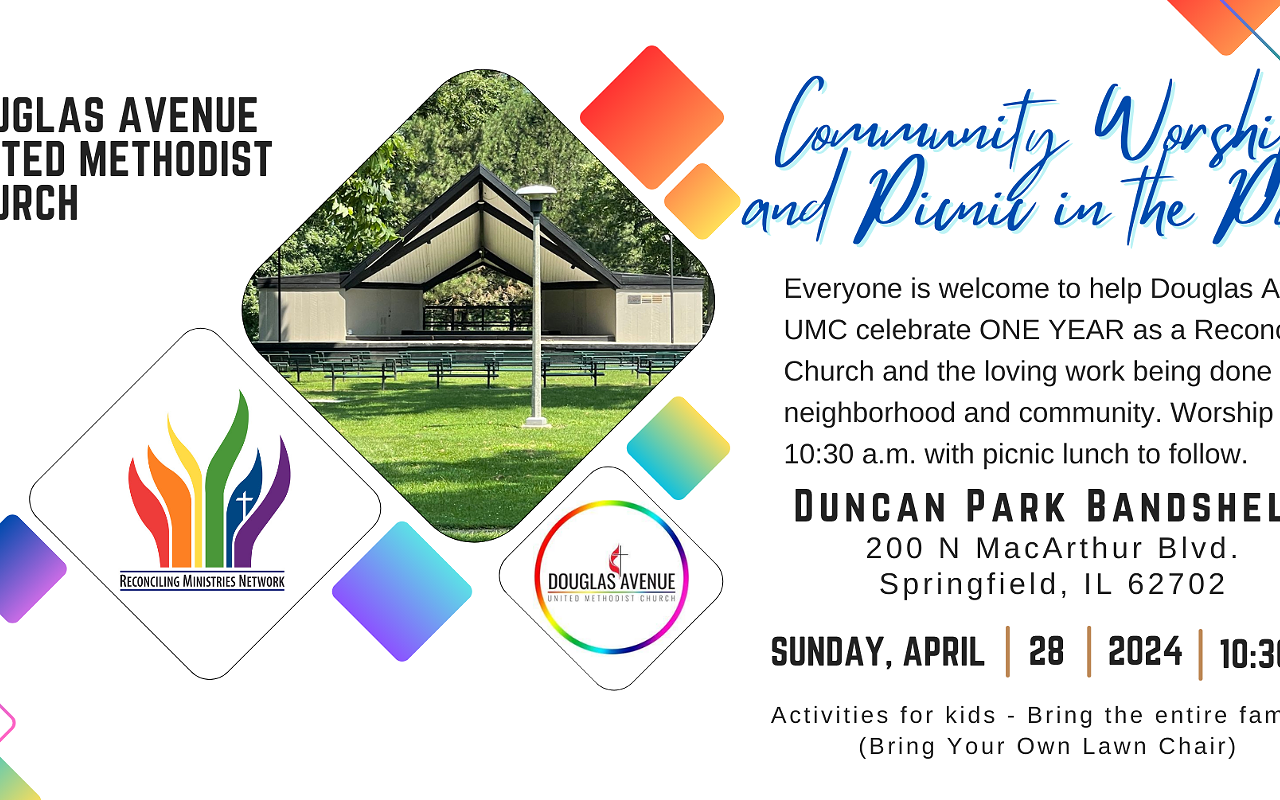What whites in Springfield can do for racial justice
GUESTWORK | Mike Lang
Enough is enough. This familiar refrain from African Americans, who for generations have lamented the repeated deaths of their brethren at the hands of law enforcement personnel, have been joined in recent weeks by a diverse chorus of mostly young people across the globe. Their voices lend support to a movement that will not, and should not, go away quietly. This worldwide development is encouraging, especially in the U.S., where African Americans have long hoped for stronger support from their white brothers and sisters.
As a white boy living in suburban Chicago, one who has called the Springfield area home since 1984, I observed my parents actively engaged in the racial justice initiatives of their day. My siblings and I were raised to respect and treat all people as essentially equal human beings, regardless of race or economic status. In 1990, six years into a 32-year state government career, I joined the Baha'i faith, whose credos "mankind is one" and "unity in diversity" have led to efforts here and across our nation to build interracial friendships and work for justice for African Americans. Despite being on what could be described as the "right side" of racial justice issues for decades, I do not feel deserving of such a label. I have not been as observant or forceful as I should have been in acknowledging racism and working to overturn its pernicious effects. I have consistently been able to muster empathy for those who suffer racial injustice, but translating that empathy into meaningful action has been a challenge.
What can we, the too-often-silent and easily distracted majority, do to bring justice to our darker-hued brothers and sisters? I think we already know, and know it will take courage, perseverance and vigilance – a daily reckoning of our thoughts and actions.
Here are suggestions: Call out racist comments – clearly and without sugarcoating – by those who adhere to the fallacy of racial superiority or practice racial bigotry. Demand that future law enforcement hiring practices place a high priority on traits like empathy and the ability to diffuse stressful situations. Hire more people of color in law enforcement, education, finance and government. Eliminate the extremes of wealth and poverty by, among other things, ensuring jobs once considered menial but now viewed as essential pay a living wage. Make health care affordable and available to all. Reform lending and other financial practices to encourage investment in blighted areas and grow minority-owned businesses. Ensure our children are taught an unvarnished history of race relations in the U.S. – and the significant inequities that resulted and continue to tilt the playing field to favor the status quo. Go out of our way to build true friendships with people of color.
There is much work to do. A Racial Justice Summit could be held to examine policies and practices across all facets of society. Then changes could be enacted to enable many of our most vulnerable African American brethren to lift their heads above the swirling waters that threaten them. The glimmerings of such an initiative were seen in September of 2018 at the Dominican Sisters Motherhouse, where some 80 concerned citizens from all walks of life gathered to imagine what an anti-racist Springfield would look like. Improvements were proposed in areas like housing, public transportation, law enforcement, education, health care and government. Initial recommendations were suggested in late 2018 but not formally followed up for a variety of reasons. A similar initiative launched today would not likely stall.
In the wake of George Floyd's horrific killing, a sea change is upon us. New energy abounds, particularly among young people. Let us ride this wave together to a better tomorrow.
The closing of a letter released June 19, 2020, by the Baha'is of the United States https://www.globenewswire.com/news-release/2020/06/19/2050595/0/en/Forging-a-Path-to-Racial-Justice.html brought the issue home for me and bears repeating: "We have come to a moment of great public awareness and rejection of injustice. Let us not lose this opportunity. Will we commit to the process of forming 'a more perfect union'? ... Let us then join hands with each other in commitment to the path of justice. Together we can surely achieve this."
Mike Lang is a retired state employee who lives in Sherman with his wife, Lisa. He enjoys playing bass and guitar in his spare time.



















